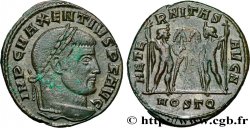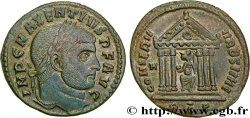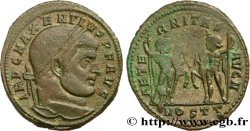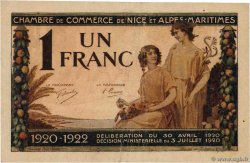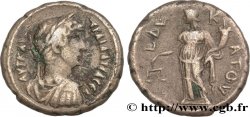v13_1099 - MAXENTIUS Follis ou nummus
MONNAIES 13 (2001)
Starting price : 152.45 €
Estimate : 304.90 €
unsold lot
Starting price : 152.45 €
Estimate : 304.90 €
unsold lot
Type : Follis ou nummus
Date: 01/309
Mint name / Town : Vénétie et Istrie, Aquilée
Metal : copper
Diameter : 23,5 mm
Orientation dies : 6 h.
Weight : 6,19 g.
Rarity : R2
Officine: 3e
Emission: 2e
Coments on the condition:
Très bel exemplaire pour ce type avec une magnifique patine vert jade. Faiblesse de frappe sur la légende au droit et au revers avec le métal légèrement pincé
Catalogue references :
Predigree :
Cet exemplaire vient de MONNAIES I, 28 décembre 1996, n° 222
Obverse
Obverse legend : IM[P MAX]ENTIVS P F AVG CONS II.
Obverse description : Buste lauré consulaire de Maxence à droite, vêtu de la trabea, vu de trois quarts en avant, tenant le scipio de la main droite (H*4).
Obverse translation : “Imperator Maxentius Pius Felix Augustus Consul secundus”, (L'empereur Maxence pieux heureux auguste consul pour la deuxième fois).
Reverse
Reverse legend : CONSERV - VRB SVAE// AQ.
Reverse description : Temple hexastyle de Rome posé sur trois marches avec un fronton triangulaire décoré d’une croisette ; au centre statue de Rome debout à gauche, tenant un globe de la main droite et un sceptre long de la main gauche.
Reverse legend : G
Reverse translation : "Conservatores Urbis Suæ", (Les protecteurs de leur ville).
Commentary
Poids léger.








 Report a mistake
Report a mistake Print the page
Print the page Share my selection
Share my selection Ask a question
Ask a question Consign / sell
Consign / sell
 Full data
Full data